Alumni Associate Research Fellows
Alumni Associate Research Fellows
Anna Jordanova, 2023

Research Title: The Behavior of the Central Asian Elites on the International Level: the Unique Factors and Local Conditions Determining Their Policies and Politics
Anna Jordanova is a Ph.D. Candidate at the Institute of International Studies at Charles University in Prague. Her doctoral research focuses on regional and international cooperation across Central Asia and its extended neighborhood. Currently, she focuses on new trajectories of the respective Central Asian state foreign politics, including its political and economic consequences. The fellowship at the OSCE Academy is coordinated and co-funded by the Bourse&Bazaar foundation as a part of a larger research of current cooperation trends of Central Asian states with partners beyond the traditional Russia-China scheme.
Jasmin Dall’Agnola, 2023
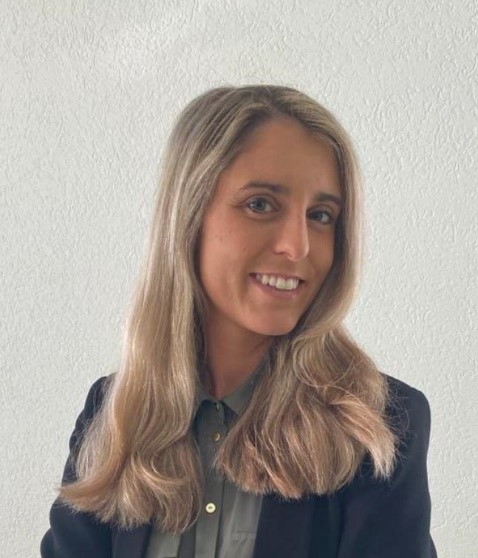 Research Title: The Implications of the COVID-19 Crisis for Smart City Technologies in Central Asia
Research Title: The Implications of the COVID-19 Crisis for Smart City Technologies in Central Asia
Dr Jasmin Dall’Agnola holds a PhD in Politics and International Relations from Oxford Brookes University and a Master in Political Science and Slavic Linguistics from the University of Zurich. Her research interest centers on the relationship between gender, governance and technology in post-Soviet Central Asia. Her postdoc project has been awarded a prestigious two-year, full-time Postdoc. Mobility Fellowship from the Swiss National Science Foundation, to explore the implications of the COVID-19 pandemic on smart city technologies in Central Asia. Central Asian governments are known for using smart city innovations to assist in waste management and policing urban centers. However, there is little research to date assessing the extent to which the COVID-19 crisis is fuelling the spread of smart city technologies across Central Asian cities. Nor are there any studies into the wider Central Asian public’s attitudes toward them. Jasmin's postdoc project is designed to fill these voids. Methodologically, her study will evaluate survey data, focus group interviews, along with a visual exploration of smart city installations in the Central Asian cities of Almaty, Bishkek, Dushanbe and Tashkent.
Eva Seiwert, 2022

Research Title: The Shanghai Cooperation Organization and China’s vision of International Relations in the 21st Century
Dr Eva Seiwert is a Research Associate at the Institute of Political Science at Friedrich- Alexander-Universität Erlangen-Nürnberg. She holds a PhD in International Relations from Freie Universität Berlin with a thesis on the Shanghai Cooperation Organisation and China’s strategy of shaping international norms, which she is currently revising for book publication. Eva completed an MSc in East Asian Relations from the University of Edinburgh and a BA in Chinese Studies from the Universität Leipzig. She was a Visiting Scholar at the Shanghai Academy of Social Sciences and has spent numerous study and research stays abroad, including at Shanghai Jiaotong University, Renmin University Beijing, Lanzhou University, and the United Nations Institute on Comparative Regional Integration Studies (UNU-CRIS) in Bruges. Eva is Associate Editor at 9DASHLINE, an independent and non-partisan online platform that publishes expert op-eds and commentaries about politics across the Indo-Pacific. Her comments on international affairs have appeared on various platforms, including The Diplomat, Global Policy, South China Morning Post, Foreign Policy Research Institute, and the Bertelsmann Foundation’s BTI Blog. Eva’s tweets on current affairs can be found at @evaseiwert.
Cholpon Orozobekova, 2022
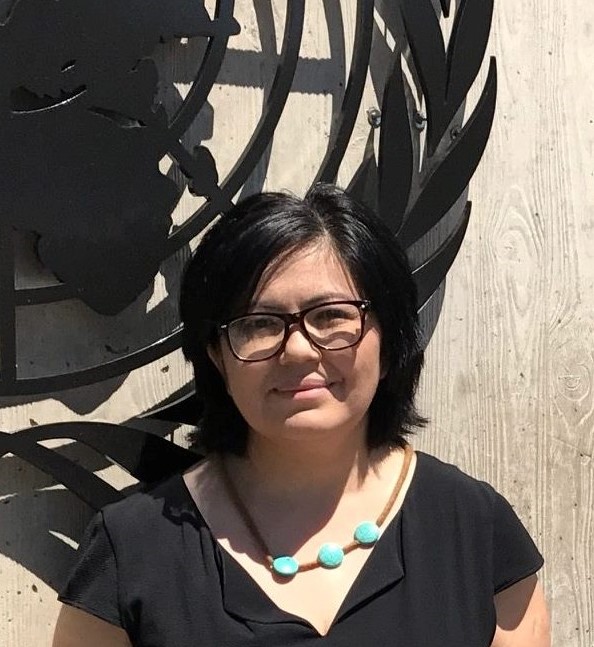
Research Title: State Policies Toward Former ISIS Fighters: Repatriation of Family Members and Bringing Male Fighters to Justice
Cholpon Orozobekova is a conflict analyst and terrorism expert based in Geneva, Switzerland. She has been researching religious extremism and state policies toward ISIS fighters since 2018. Her book “Global Jihadism and International Peace” to be published by Rowman/Hamilton Books in 2022. Cholpon lectures as a guest-speaker at the Geneva Centre for Security Policy and Member of European Expert Network on Terrorism. Currently, Cholpon is a director of the Bulan Institute for Peace Innovations, research institute based in Geneva. She holds an Executive Master in International Negotiations and Policy Making from the Graduate Institute for International and Development Studies in Geneva, Master of Advanced Studies in International and European Security from University of Geneva jointly with Geneva Centre for Security Policy, and MA in International Relations/Political Science from the Graduate Institute for International and Development Studies in Geneva. Cholpon worked as a Central Asia Analyst in international media and her analyses were published by the Diplomat Magazine, Jamestown Foundation, Asia Times, IWPR and RFE/RL.
Aikokul Arzieva, 2022
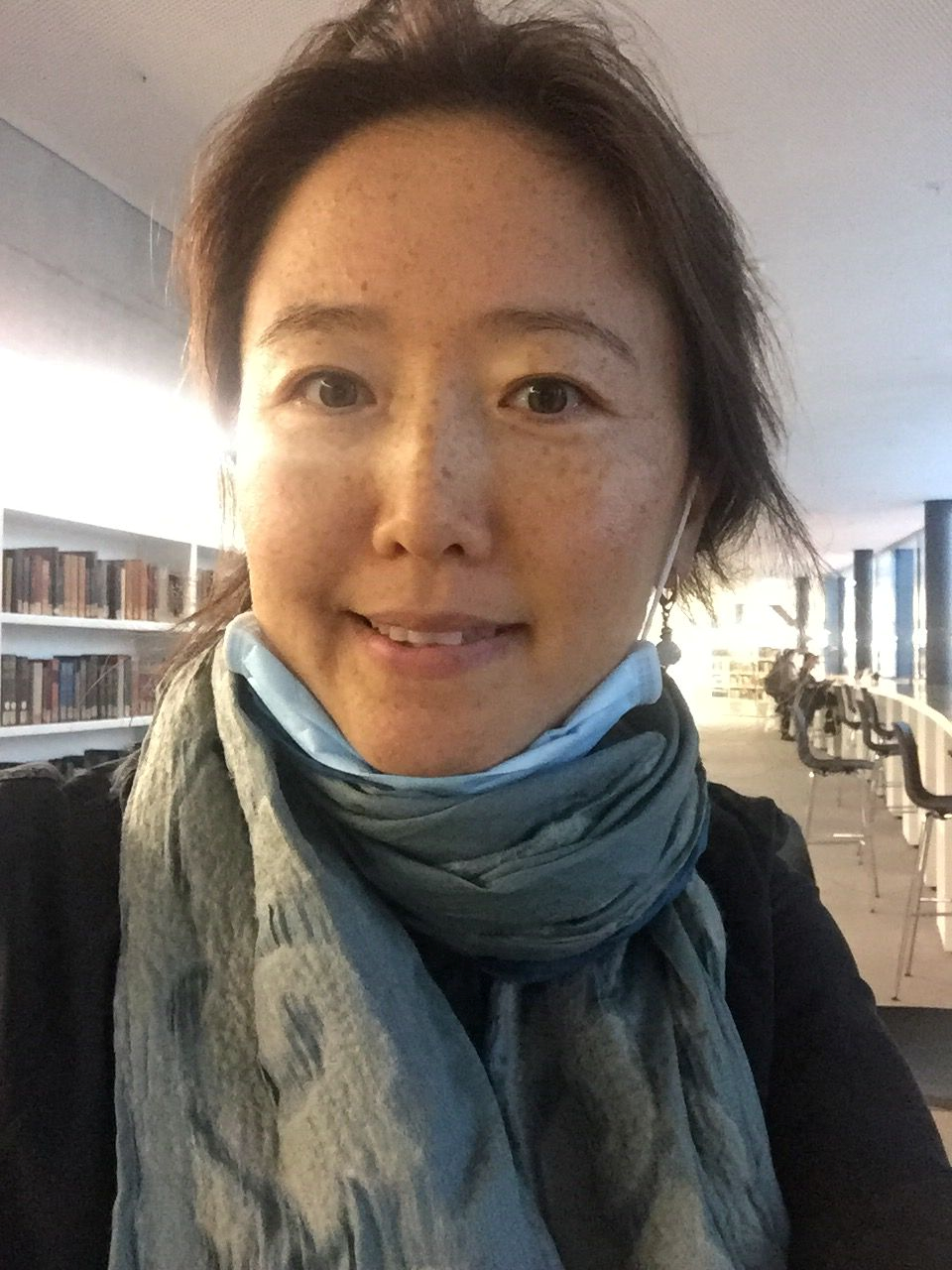
Research Title: Contested moral/ethical questions in cooperation for development: our common well-being.
Aikokul Arzieva received her PhD degree in Anthropology of Development at the Geneva Graduate Institute of International and Development Studies, December 2021. Her research focuses on normative implications of development, value conflicts, tensions within a person, families, intellectuals etc. Aikokul received a BA degree in Sociology from the AUCA in 2011 and MA degree in Social Anthropology with specialization in urban and global studies from the CEU, Budapest. She has accumulated diverse experience working for various development and humanitarian organizations, such as USAID, Action contre la Faim, ADB, EBRD and others. Aikokul served as an instructor at the AUCA (2013-2016) and as a research and teaching assistant at the Geneva Graduate Institute. Currently she serves as a research specialist at the Royal Academy in Bhutan.
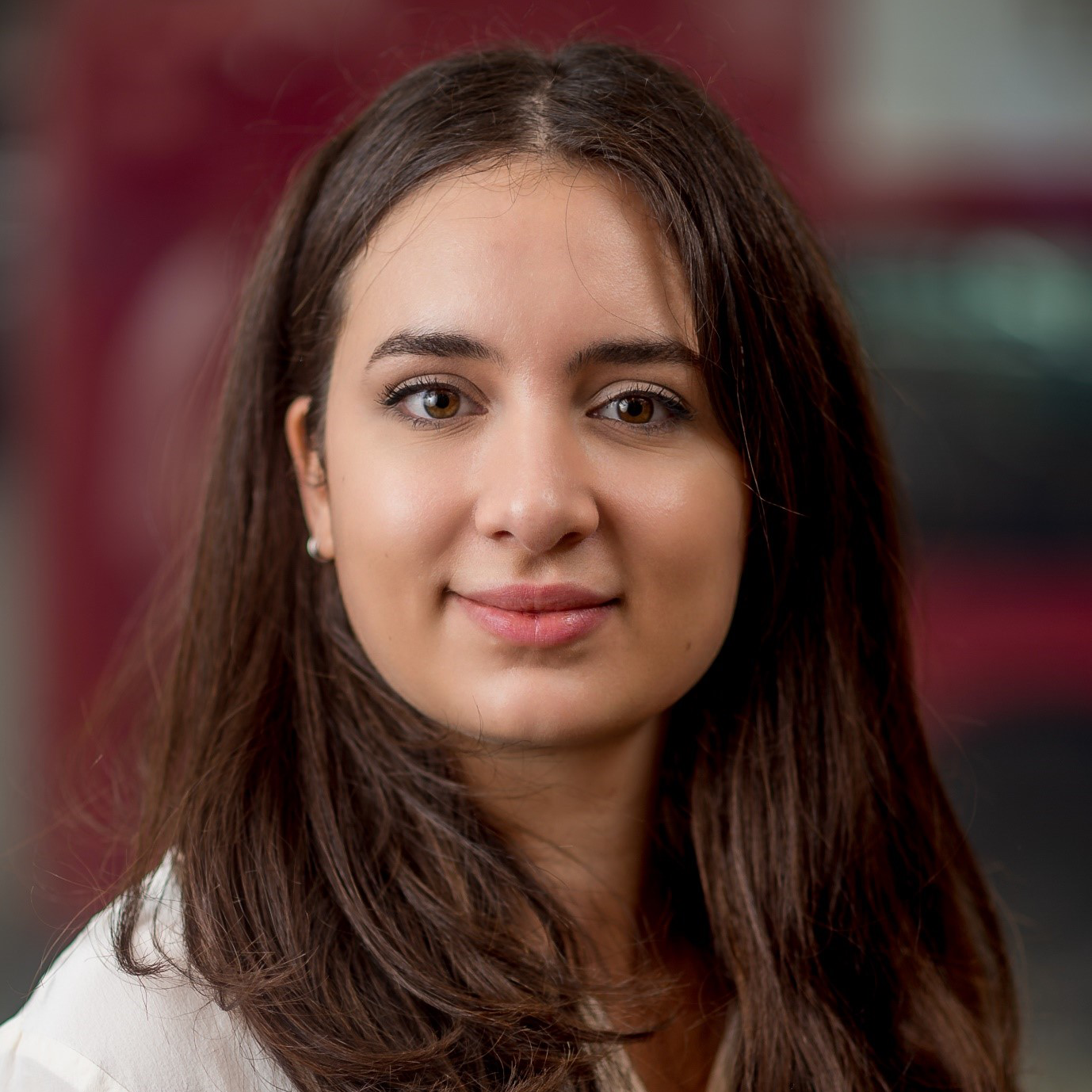
Research Title: Listening to the Streets? The Response of Post-Soviet Central Asian Governments to Street Protest
Katherine Crofts-Gibbons is a doctoral candidate at King’s College London’s Russian Institute, where her research investigates the response of post-Soviet Central Asian Governments to protest, and asks why nondemocratic governments sometimes offer concessions to protestors. Prior to joining the Russia Institute, she completed an MPhil in Russian and East European Studies and a BA hons in History and Politics at the University of Oxford, and worked as a research analyst in the private sector.
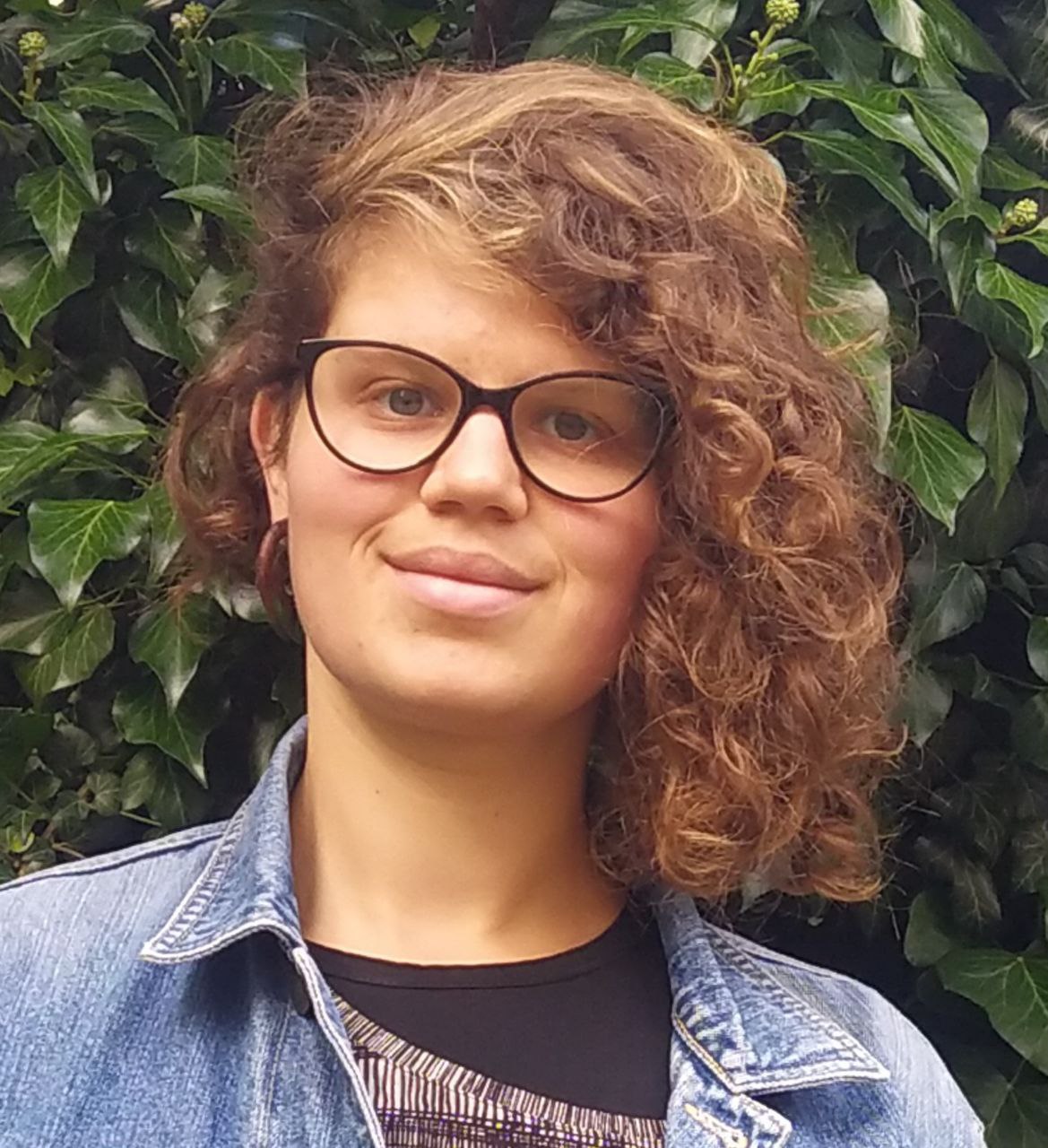
Research Title: Everyday Geopolitics: Transnational Identifications and Aspirations of University Graduates in Bishkek and Osh
Barbara Meier is a PhD-candidate in Social Geography at the University of Jena (Germany). Holding a scholarship of the Federal State of Thuringia, she investigates quotidian contexts of geopolitics in post-Soviet space. In her doctoral research, Barbara examines the global orientation of university graduates in Bishkek and Osh, with a special focus on educational decisions and consumption of popular culture, combining participatory research approaches and ethnographical fieldwork. Fields of her interest are critical geopolitics, post-colonist, and feminist theoretical approaches, visual methodologies, political architecture, and their intersections. Besides, Barbara has working experience in international higher education exchange.
Rebecca Wagner, 2021
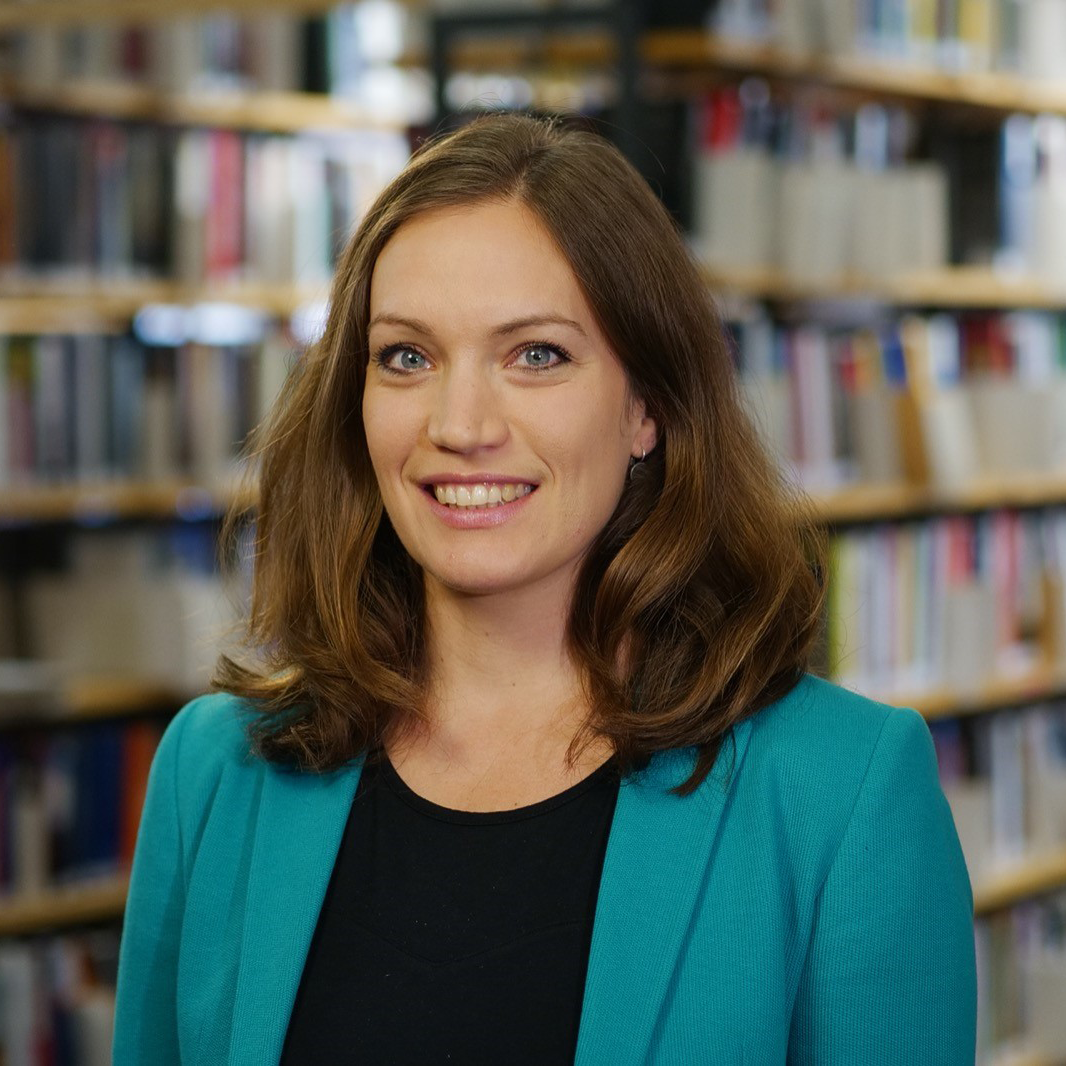
Research Title: Elections in Times of Shrinking Civic Spaces
Rebecca Wagner is a doctoral researcher at the Peace Research Institute (PRIF) in Frankfurt where she conducts research on resilience, international democracy support, civil society and elections. Before joining PRIF, Rebecca gained more than seven years’ experience of international human rights and democracy support work, including participating in ODIHR /OSCE Election Observation Missions and serving as a civic observer. Rebecca Wagner is member of the research network External Democracy Promotion (EDP). She volunteers for an NGO that organizes election observation missions for young people in Europe. Rebecca graduated from Leiden University, the Netherlands, and the University of Konstanz, Germany. She did her Erasmus year in Istanbul/Turkey.
Nima Khorammi, 2021

Research Title: Persian Hub, Central Asian Networks: Iran’s Evolving Regional Strategy in the Context of Its Relations with China and India; Growing Turkish Presence in Central Asia - Caucasus: What Role for NATO?
Nima Khorrami is a Research Associate at The Arctic Institute. His areas of interest and expertise lie at the intersection of geopolitics, infrastructure, and technology. Nima has experience working in PR, policy research and advocacy, and marketing in Europe and the Middle East, and frequently writes both analytical and opinion pieces for a number of publications. Over the course of his fellowship at the AiB, Nima will lead two separate research projects on Iran and Turkey. With regard to the former, his research seeks to unpack Iran’s importance in China and India's strategies towards Central Asia and how Tehran uses - could use - China’s BRI and India’s Connect Central Asia initiatives to advance its interests. In his other project, he will investigate the implications of Turkey’s growing influence in Central Asia-Caucasus for NATO’s regional posturing in the context of NATO’s recently released 2030 Vision dossier.
Jakob Lempp, 2021
Research Title: EU and Central Asia Relations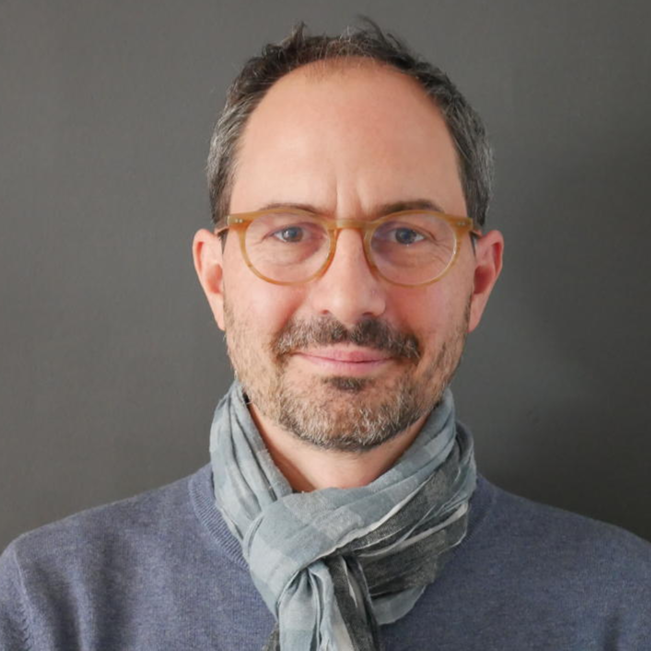
Prof. Dr. Jakob Lempp has been a professor at the Rhein-Waal University of Applied Sciences in Kleve, Germany since April 2012, and from 2015 to 2019, he was Dean of the Faculty ofSociety and Economics. His main research focus is on the study of political systems in Europe and Central Asia. He has published over 50 articles, book chapters, and books and has received several awards for excellent teaching.
He studied Political Science, Communication Science, and Philosophy at the University of Technology Dresden and completed a Diploma in European Studies at the University of Turku/ Finland. He worked as a managing assistant and research assistant at the Institute of Political Science of the TU Dresden and completed his PhD on the evolution of the Council of the European Union. He then worked as a consultantat the Boston Consulting Group GmbH in Munich. During the winter term2021/2022, he was granted a research leave and serves as a CRGE-fellow at DKU in Almaty, Kazakhstan and as an ARF-fellow at OSCE Academy in Bishkek, Kyrgyzstan.
Zane Sime, 2021
 Research Title: The Role of Environment and Climate in Reshaping Comprehensive Security
Research Title: The Role of Environment and Climate in Reshaping Comprehensive Security
Zane Šime is a policy analyst focusing on the EU macro-regional governance, regionalism in Europe and its neighborhood, EU science diplomacy towards the Southern Neighbourhood. As a Top 40 under 40 EU - India / UK - India Young Leader 2020, Zane explores the EU-India educational diplomacy in a broader context of the Asia-Europe Meeting. Zane has obtained professional experience as an international civil servant at the Secretariat of the Council of the Baltic Sea States and a national civil servant in Latvia. She is a graduate of KU Leuven and the University of Latvia. Zane has completed a research internship at the United Nations University Institute on Comparative Regional Integration Studies. She is a member of the Academic Association for Contemporary European Studies, the Latvian Political Science Association, and the Association of Polar Early Career Scientists.
Kinga Szálkai, 2021
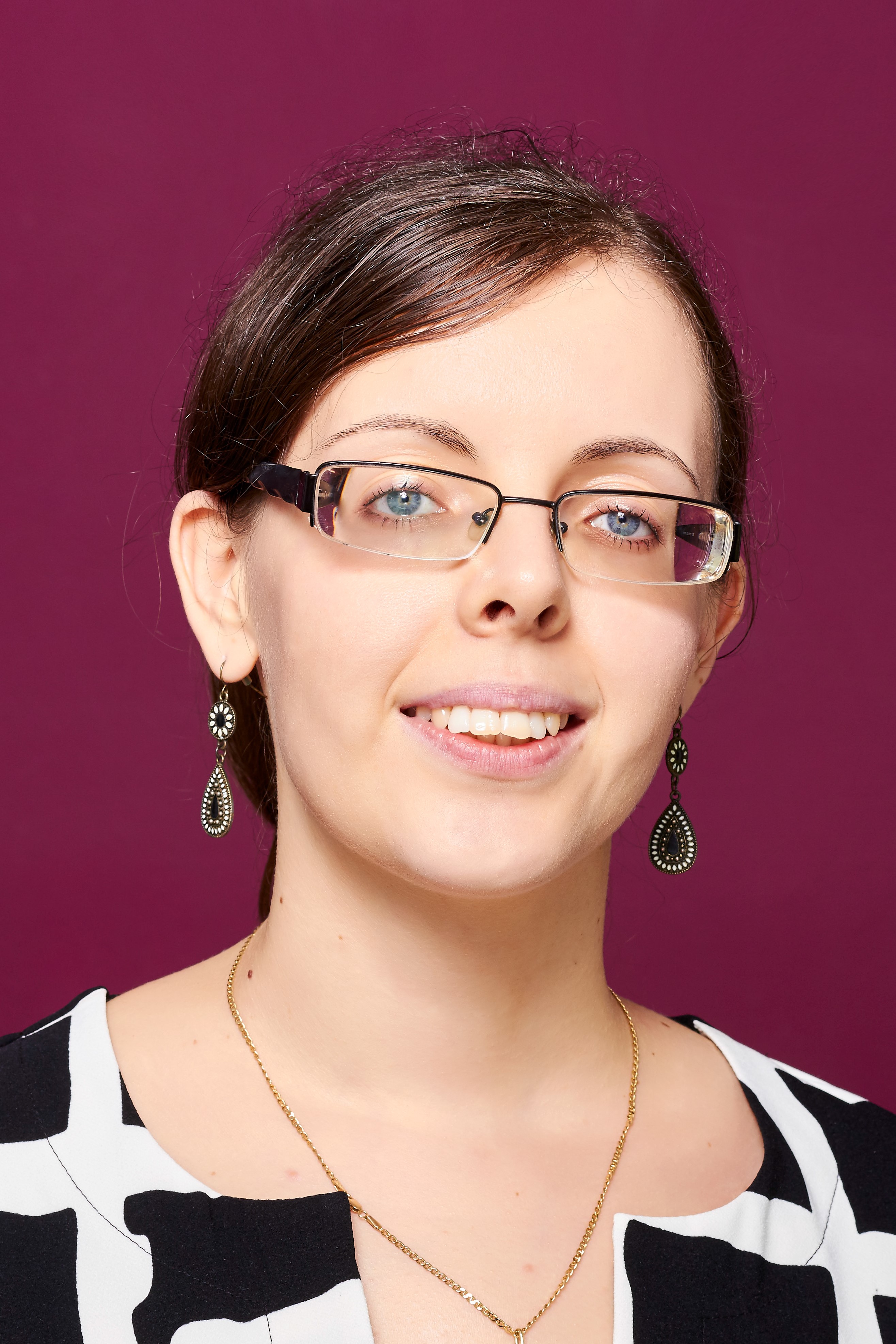
Research Title: Resetting Water Relations in Central Asia: The Perspectives of Uzbekistan’s Cooperative Foreign Policy Turn
Dr Kinga Szálkai is an Assistant Professor at the Department of International Relations and European Studies at Eötvös Loránd University, Budapest, Hungary. Previously, she worked at Antall József Knowledge Centre as a research fellow, at Central European University as a research assistant, and held several positions at Corvinus Society for Foreign Affairs and Culture. She has also lectured at various universities of Central Europe, including Babes-Bolyai University in Cluj-Napoca, Romania, where she is currently a visiting professor.
She earned her PhD degree in International Relations and Security Studies from the Corvinus University of Budapest. Her main research focuses on water as a security challenge in Central Asia. Her research areas also include large dams as tools of identity construction in the Soviet Union and in the post-Soviet region, theories and practice of water security, and women in Soviet Central Asia.
Nargiza Muratalieva, 2020
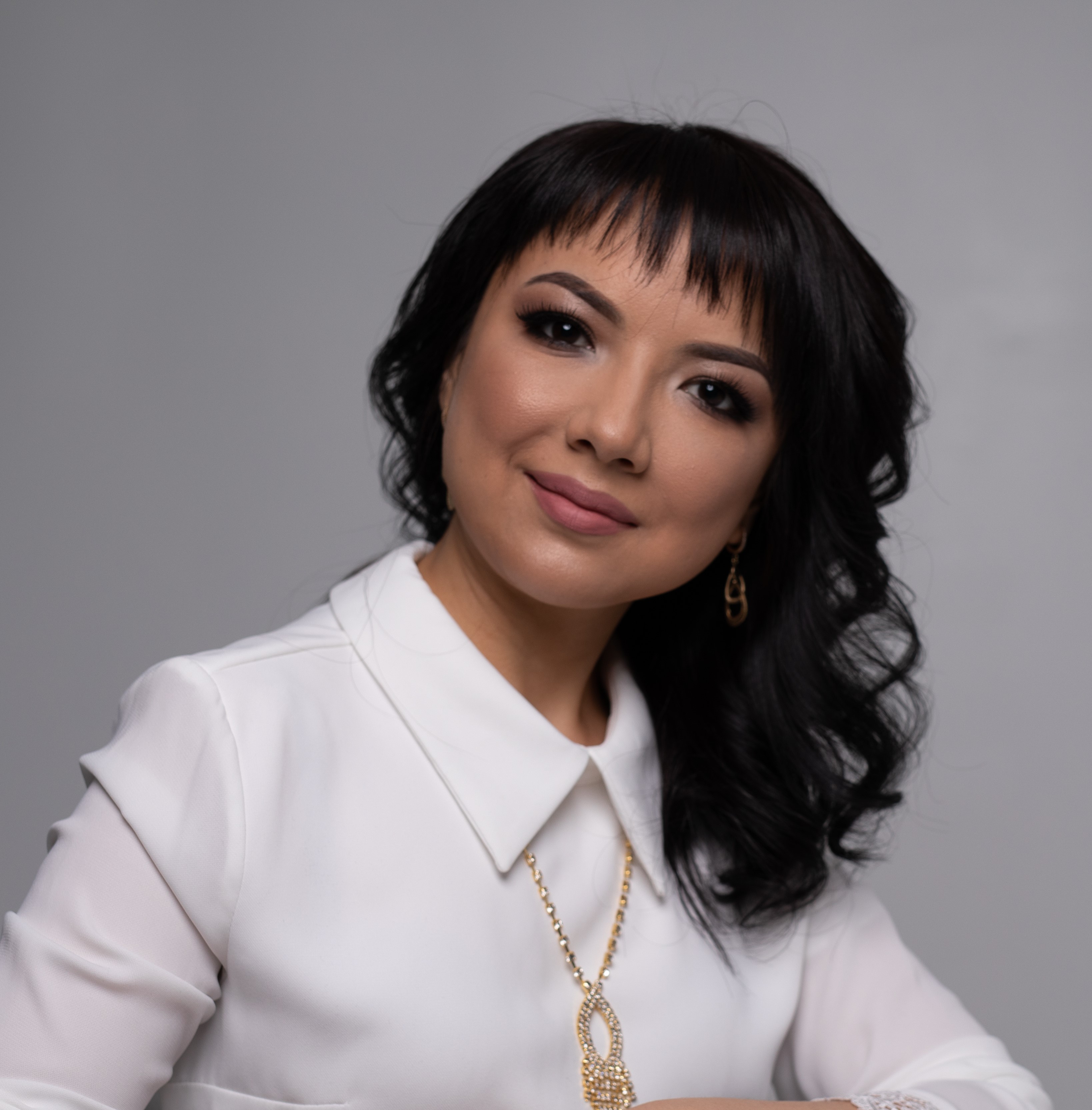
Research Title: The Impact of Geopolitical Projects in Central Asia
Dr. Nargiza Muratalieva is an Associate Research Fellow at the OSCE Academy in Bishkek. Associate professor, she holds a PhD in political science, with a dissertation devoted to “Regional Policy of Russia and China in Central Asia and the SCO as a factor of interaction.” Author of the monograph “Russia and China in Central Asia”, she published over 50 articles. She currently works at the Institute for War and Peace Reporting (IWPR) as an editor of CABAR.asia analytical materials. Her broad research interest are – security, political processes in Central Asia, international organizations.
Barbara Roggeveen, 2020
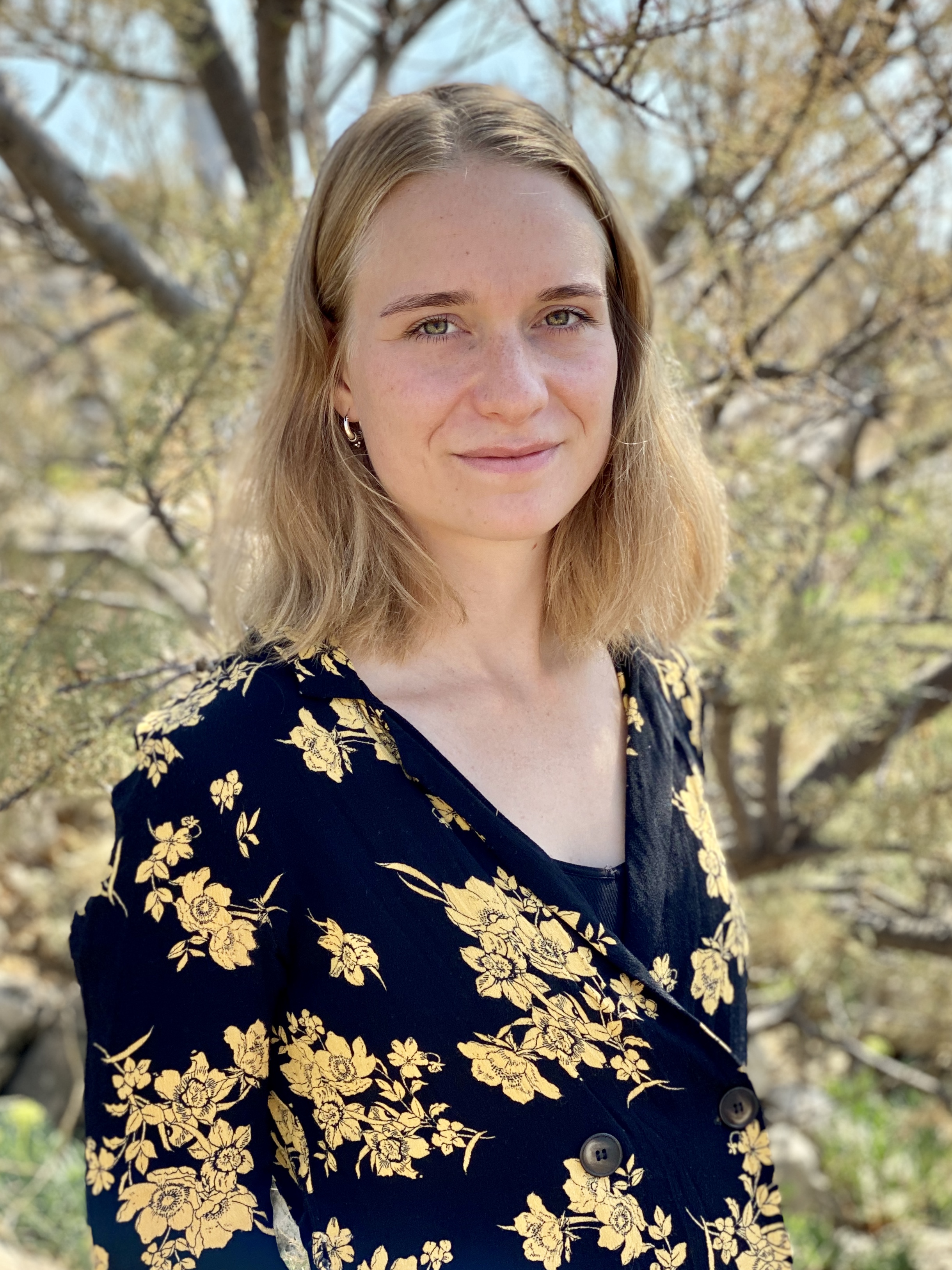
Research Title: Civilizational Discourses in Contemporary Russian Foreign Policy
Barbara Roggeveen is a PhD candidate in Russian and East European Studies at the University of Oxford. Her doctoral research explores a prominent yet under-researched attempt by Russian foreign policy actors to redefine the spatial contours of Russia’s post-Soviet zone of influence - one that not only includes the post-Soviet states in Central Asia but increasingly extends eastward to China, India, and the Korean peninsula. Prior to her PhD research, Barbara graduated with distinction from the University of Oxford with an MPhil in Russian and East European Studies. She also completed a Bachelor of Laws at the Vrije University and a Bachelor in Slavic Languages and Cultures at the University of Amsterdam. Barbara has held various research positions at the Ministry of Foreign Affairs of the Netherlands, the Atlantic Council in Washington DC, and the University of Amsterdam. Her research interests include conservative ideologies in Russian politics, Russian foreign policy approaches towards the Eurasian region, and the discursive construction of post-Soviet identities.
Eriks Varpahovskis, 2021
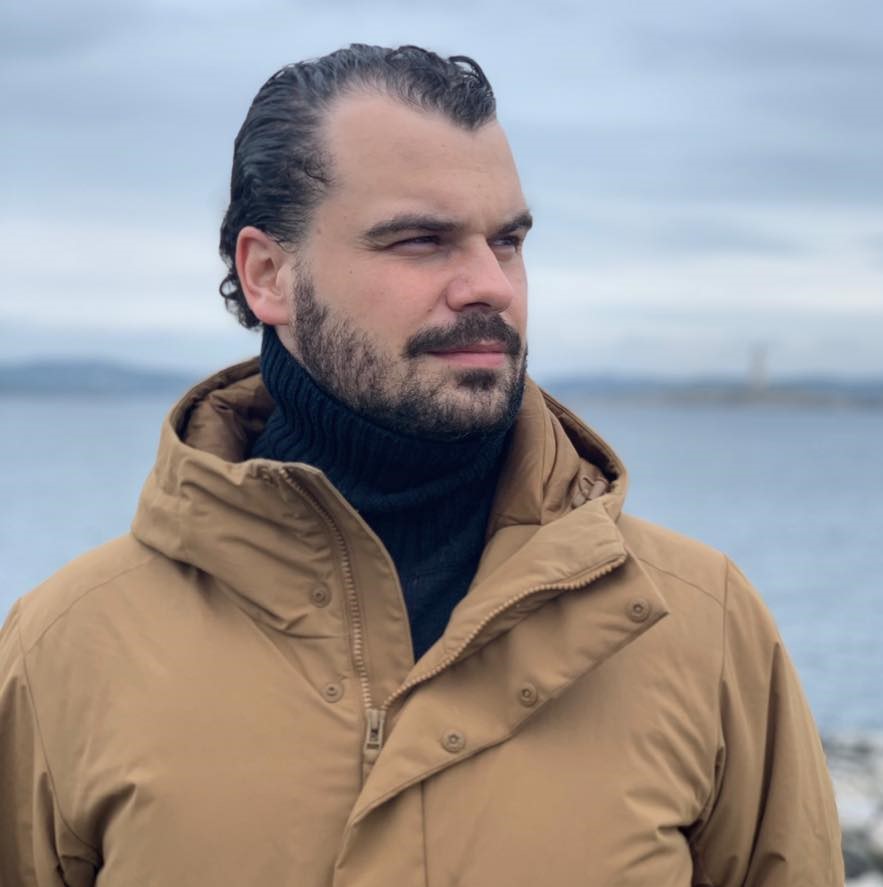
Research Title: Patterns and State Strategies of Transnational Higher Education Institutions in Central Asia
Eriks Varpahovskis is a Postdoctoral Fellow at the School of International Regional Studies at the National Research University Higher School of Economics (Russia), where he works on a set of public diplomacy-related research projects including exploration of the country image impact on the behavior of international students in South Korea, transnational higher education institutions’ functions as instruments of public diplomacy and others. Eriks received a Ph.D. in Political Science from Hankuk University of Foreign Studies (South Korea) while being sponsored by the Government of the Republic of Korea in 2015-2019. His other research activities can be found on his Academia's page.
Lambert Michael Eric, 2020
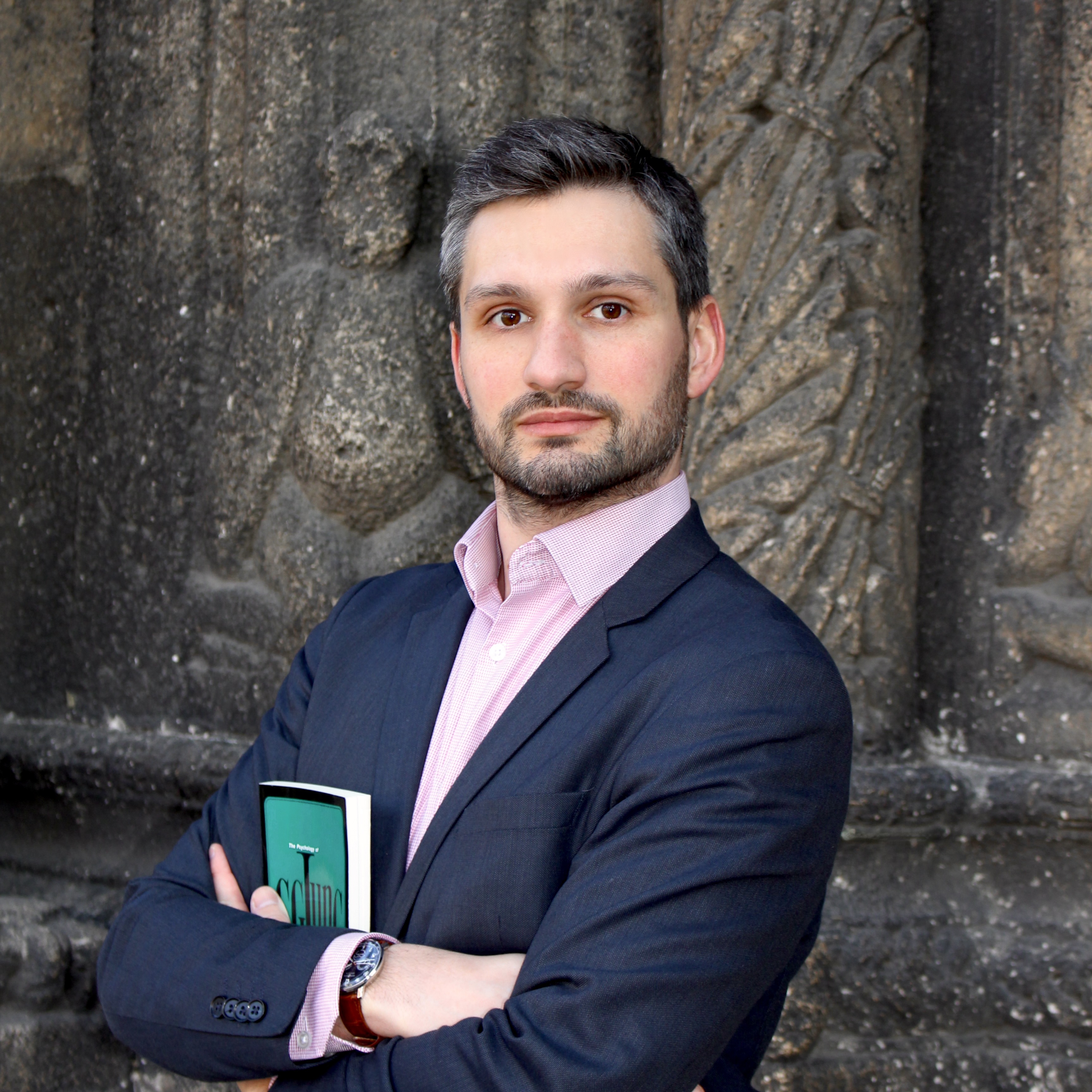 Research Title: The American Analysis of Military and Security Development in the Wakhan Corridor
Research Title: The American Analysis of Military and Security Development in the Wakhan Corridor
Michael E. Lambert, PhD is a political psychologist and social engineer working at the intersection of medicine (social psychology and psychopharmacology) and political science, broadening the topics of Blue Ocean Strategy in international politics (quantitative and qualitative evaluation of the foreign policy of China, the United States and the European Union) and the study of mathematical models of strategic interaction between decision-makers in para-states.
He graduated from Sorbonne University in collaboration with the INSEAD and received complementary trainings at Harvard University.
Elizabeth Militz, 2020

Research Title: A Digital Geography of Marginalized Sexualities in Kyrgyzstan
Elisabeth Militz is a feminist, cultural and political geographer based at the University of Bern. She received her PhD in Geography from the University of Zurich in 2017. Her dissertation developed the concept of affective nationalism, based on long-term ethnographic field work, living and working experiences in Azerbaijan between 2007 and 2014. Interested in the doings of emotions and affects in enabling and shaping nationalisms and sexuality politics. Her current research examines digital spaces of sexualities and sexuality education in Kyrgyzstan where she has been conducting fieldwork since 2017. In light of a growing right-wing populism and traditionalism and thus an increase of misogyny, homo- and transphobia across the world and also in Kyrgyzstan, she studies the innovative and multiple ways in which people who are marginalized on the grounds of their sexual practices, identities and experiences appropriate digital spaces of social media for knowledge production and peer support. Apart from conducting small data research on Instagram with Russian-language content, Elisabeth conducts qualitative interviews and focus group discussions in Bishkek and Osh. Elisabeth’s work on affective nationalism, political geographies and feminist methodologies has been published as a book in 2019 and in numerous scientific journals such as Political Geography, Gender, Place and Culture and Area.
Marc Jeandesboz, 2020
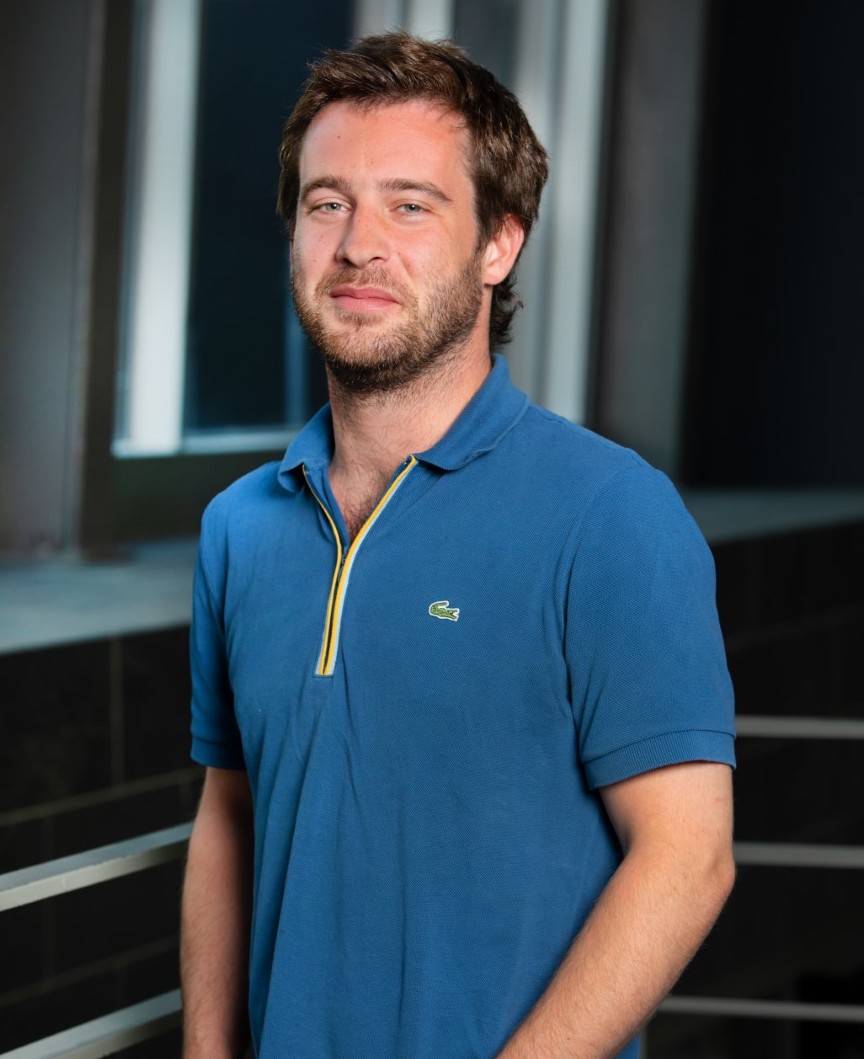
Research Title: Post-Soviet Central Asia: at the Crossroads between Modernization and Modernities
Marc Jeandesboz is a PhD candidate in Contemporary History at the Université de Montréal, where he has also taught and served as a teaching assistant. He is interested in the socioeconomic evolution in the Post-Soviet as it relates to theories of modernization. For his B.Sc and M.Sc he majored in international studies with a focus on security and non-proliferation. His PhD thesis explores the history of the former Central Asian Soviet republics during the 1990s. More specifically, it looks into the effect of reforms on culture, economy as well as science and technology. In a larger sense these developments are considered against the background of each republic’s foreign policy and security.
Philip Reid, 2019
Research Title: China-Iran Strategic Cooperation: Context and Central Asian Vectors
Philip Reid has recently concluded a service career in the British Armed Forces and was a Visiting Fellow with the Institute for Defence Studies and Analyses in New Delhi in 2018. He is currently a pre-doctoral candidate at King's College London and is a member of the Royal Institute for International Affairs and the Royal United Services Institute. Philip read Classical Persian Literature for his MA and maintains a wider interest in Islamic languages and culture. His present research encompasses the political economy of strategic infrastructure initiatives in Central and South Asia as well as a broader critique of classical realism. Recent papers include Makran Gateways: A Strategic Reference for Gwadar and Chabahar and The Belt and Road Initiative and The New Great Game: Context, Theory and Counter-Narratives.
Nicole Grajewski, 2019
 Research Title: Iranian Foreign Policy in Central Asia
Research Title: Iranian Foreign Policy in Central Asia
Nicole Grajewski is a DPhil (PhD) candidate in International Relations at the University of Oxford, where her doctoral dissertation focuses on the place of Iran within Russian discourses about international order, as well as the divergences and convergences in Russian and Iranian approaches to international relations. She received her MPhil degree in Russian and East European Studies from Oxford and completed her dissertation on Russian foreign policy towards Iran during regional military interventions. Prior to Oxford, Nicole graduated from the George Washington University’s Elliott School of International Affairs with an honors degree in International Affairs, Security Policy and Middle Eastern Studies. Nicole has also worked for CNN, the U.S. Department of State, the U.S. House of Representatives, and the Hudson Institute. Her research at the OSCE Academy examines the underlying factors shaping Iranian foreign policy in Central Asia, as well as Tehran’s bilateral and multilateral engagement with regional actors. Additionally, her research project seeks to identify Tehran’s perspective on Central Asian regional order by identifying the country’s security, political, cultural, economic interests and its normative approaches within the region.
Karoliina Rajala, 2019
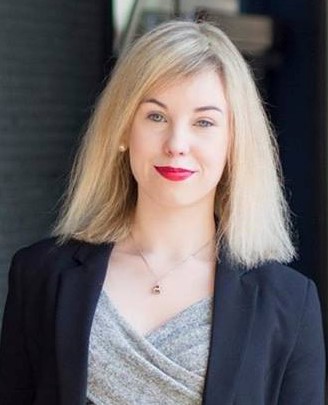
Research Title: The Russian Military-Industrial Complex and Military Cooperation in Central Asia
Karoliina Rajala is an Associate Research Fellow at the OSCE Academy and an independent researcher. She also works as a freelance journalist, writing primarily on the EU, Russia and Central Asia. Karoliina has obtained a MSc degree in Economics and Business Administration from the Turku School of Economics and is currently carrying out postgraduate studies at the College of Europe in Natolin where she focuses on the EU’s external relations. Previously, Karoliina has worked as a research assistant at the Ministry of Defence of Finland and accumulated experience from the European External Action Service, two missions of the Ministry for Foreign Affairs of Finland as well as Carnegie Europe. Karoliina’s research interests focus primarily on the Russian military industry as well as environmental cooperation in Russia.
Dr. Chiara Pierobon, 2019

Research Title: Preventing Violent Extremism in Kyrgyzstan: the Role of the International Donor Community
Chiara Pierobon, PhD is Senior Researcher at Bielefeld University (Germany) and Associate Research Fellow at the OSCE Academy in Bishkek (Kyrgyzstan). She holds a bi-national PhD in Sociology and Social Research awarded by the University of Bielefeld and the University of Trento (Italy). In the past years, Dr. Pierobon served as manager of education exchange initiatives and programmes in Europe and Russia funded by the European Commission and the DAAD, and of collaborative research projects in Central Asia funded by the Volkswagen Foundation. Since 2020, Dr. Pierobon has been tandem partner in the program “Institutional Change and Social Practice. Research on the Political System, the Economy and Society in Central Asia and the Caucasus" funded by Volkswagen Foundation. Dr. Pierobon is former Visiting Professor for Macrosociology and European Societies at the Otto-von-Guericke University Magdeburg (Germany) and former Visiting Scholar at American University of Central Asia (Kyrgyzstan), German Kazakh-University (Kazakhstan), University of California/Berkeley (USA) and St. Petersburg State University (Russia). In addition to her academic activities, she has been active as a member of the Academic Council of the European Neighbourhood Council (ENC) and as a consultant and trainer for organisations such as DVV International / Regional Office for Central Asia and the UNESCO Cluster Office for Central Asia. Recent Publications: EU, Prevention of Violent Extremism (PVE) and civil society: some considerations on the IcSP in Kyrgyzstan
Dr. Paradorn Rangsimaporn
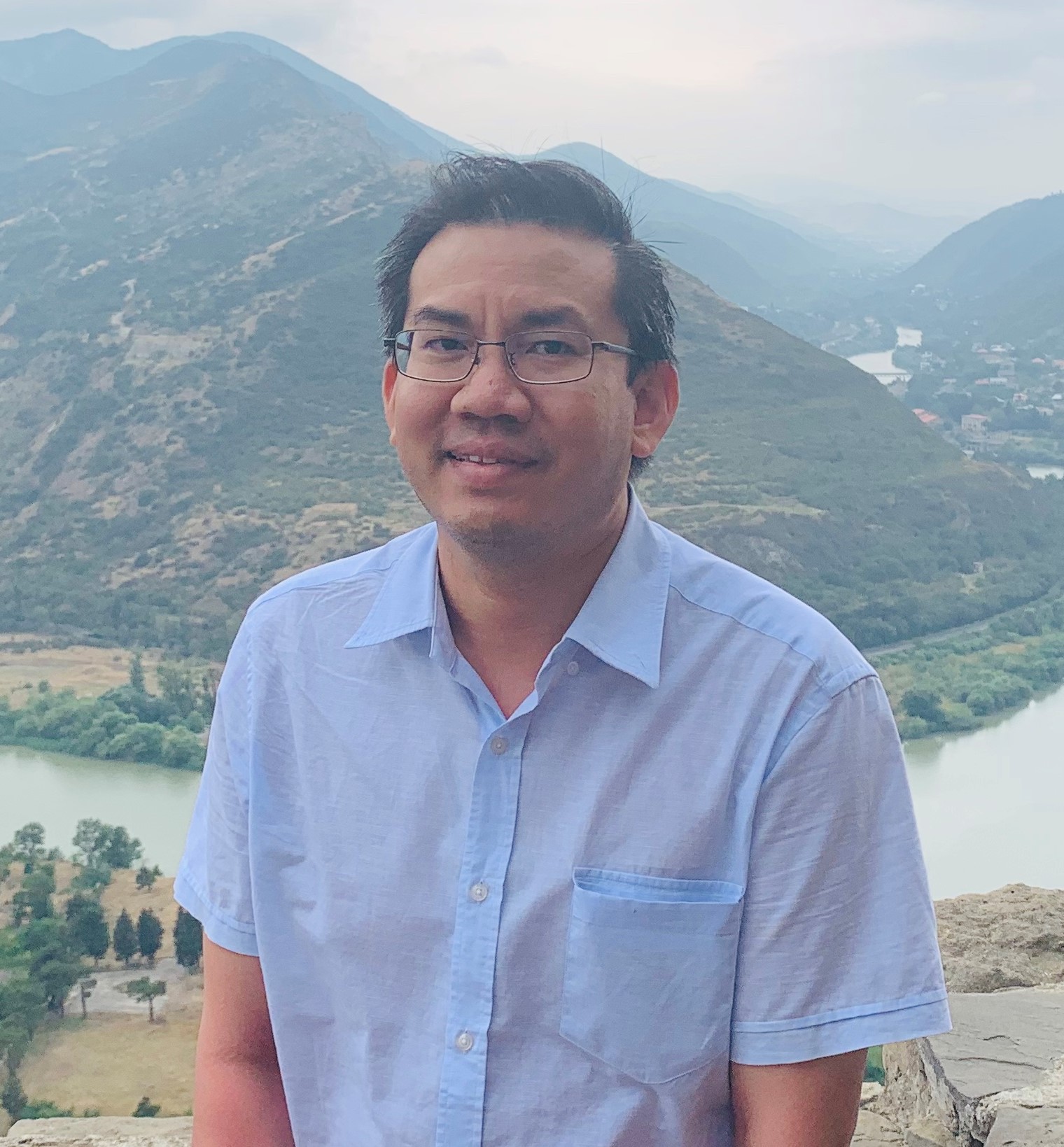
Research Title: Exploring the Driving Factors towards Greater Engagement between Central Asia and ASEAN
Dr. Paradorn Rangsimaporn is a Thai diplomat and independent researcher. He is currently Counsellor and Deputy Head of Mission at the Royal Thai Embassy in Nur-Sultan, Republic of Kazakhstan, which also covers Thailand’s relations with the Kyrgyz Republic and the Republic of Tajikistan. He was previously posted in Vienna, Austria, and was Head of Section for Russia, Eastern Europe and the Caucasus at the Ministry of Foreign Affairs of Thailand. He holds a BA (Hons) in Philosophy, Politics, and Economics, an MPhil in Russian and East European Studies and a DPhil in International Relations, all from the University of Oxford.
His research interests are in Russian foreign policy, especially towards Asia, Russian-ASEAN relations, Kazakhstan’s foreign policy, and the international politics of Central Asia and the Caucasus. He has published articles in academic journals such as Asian Survey and Europe-Asia Studies as well as a book on Russian foreign policy towards East Asia. His current research at the OSCE Academy is on exploring Central Asia-ASEAN relations and cooperation by examining how Central Asian countries view ASEAN and its potential role as a counterweight to China, the key drivers in their relationship, including greater linkages through China’s Belt and Road Initiative, and the viability of ASEAN being one model for future Central Asian regionalism.
Lidia Chikalova, 2019
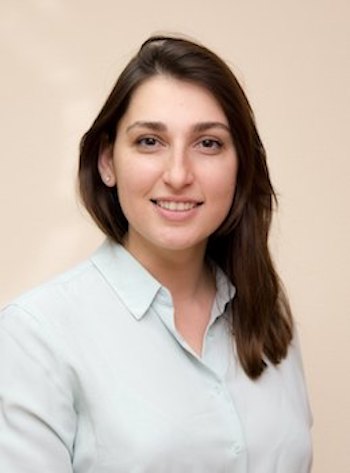
Research Title: Information Warfare between the USA and Russia on the Syrian Conflict
Lidiya is a media curator and researcher, holds two MA degrees in Politics and Security from the OSCE Academy in Bishkek and a degree in International Journalism from St. Petersburg State University in Russia. She has previously lived and worked in Central Asia, Europe, the Middle East, and South America. Lidiya continues to work as a researcher and a journalist covering political situations in conflict-prone zones. Lidiya has an extensive experience in building PR campaigns, fundraising, and project management for business associations, art institutions, and education centres like Cambridge English Assessment. She is now collaborating with UNESCO on enhancing digital pedagogy and development of digital textbooks in the Central Asian region.
Ana-Maria Anghelescu, 2019
 Policy Brief: Drawing Lessons from Past Cooperation between EU and Central Asia for the Implementation of the 2019 Strategy
Policy Brief: Drawing Lessons from Past Cooperation between EU and Central Asia for the Implementation of the 2019 Strategy
Ana-Maria Anghelescu holds a BA in International Relations and European Studies, a MA in Conflict Analysis and Resolution and is currently a PhD candidate in Political Science at the National University of Political Studies and Public Administration in Bucharest, Romania. Ana-Maria also works in the International Relations Department of the Ministry of National Education of Romania, while being a teaching assistant for international relations courses at her university.
Her thesis explores possible areas of cooperation between Romania and Central Asia, in the context of the European Union’s strategy for the region. During her stay at the OSCE Academy, Ana-Maria Anghelescu conducts research regarding the local perceptions of the European Union in general and Romania in particular, while better understanding the place of Central Asia in the regional security complex.
Dr. Asel Doolotkeldieva, 2019
 Policy Brief: Regulating Corporate Social Responsibiliy (CSR) in the Large-Scale Mining Sector in Kyrgyzstan
Policy Brief: Regulating Corporate Social Responsibiliy (CSR) in the Large-Scale Mining Sector in Kyrgyzstan
Dr. Asel Doolotkeldieva is an Assistant Professor at the American University in Central Asia. She obtained her PhD at the University of Exeter (UK). Her doctoral research was focused on the study of political change from below: protest politics in Kyrgyzstan. Asel holds her Master's degree from Sciences Po Paris (France). Her Master thesis was focused on the study of labor migration of Central Asians in Russia.
Asel has published on the topics of social mobilizations, religiosity and gender, democratization and institution-building, authoritarianism and rent-seeking of natural resources, and migration. Her current interest is focused on Islamic institutionalized and private education in Kyrgyzstan.
Tamás Kozma, 2019
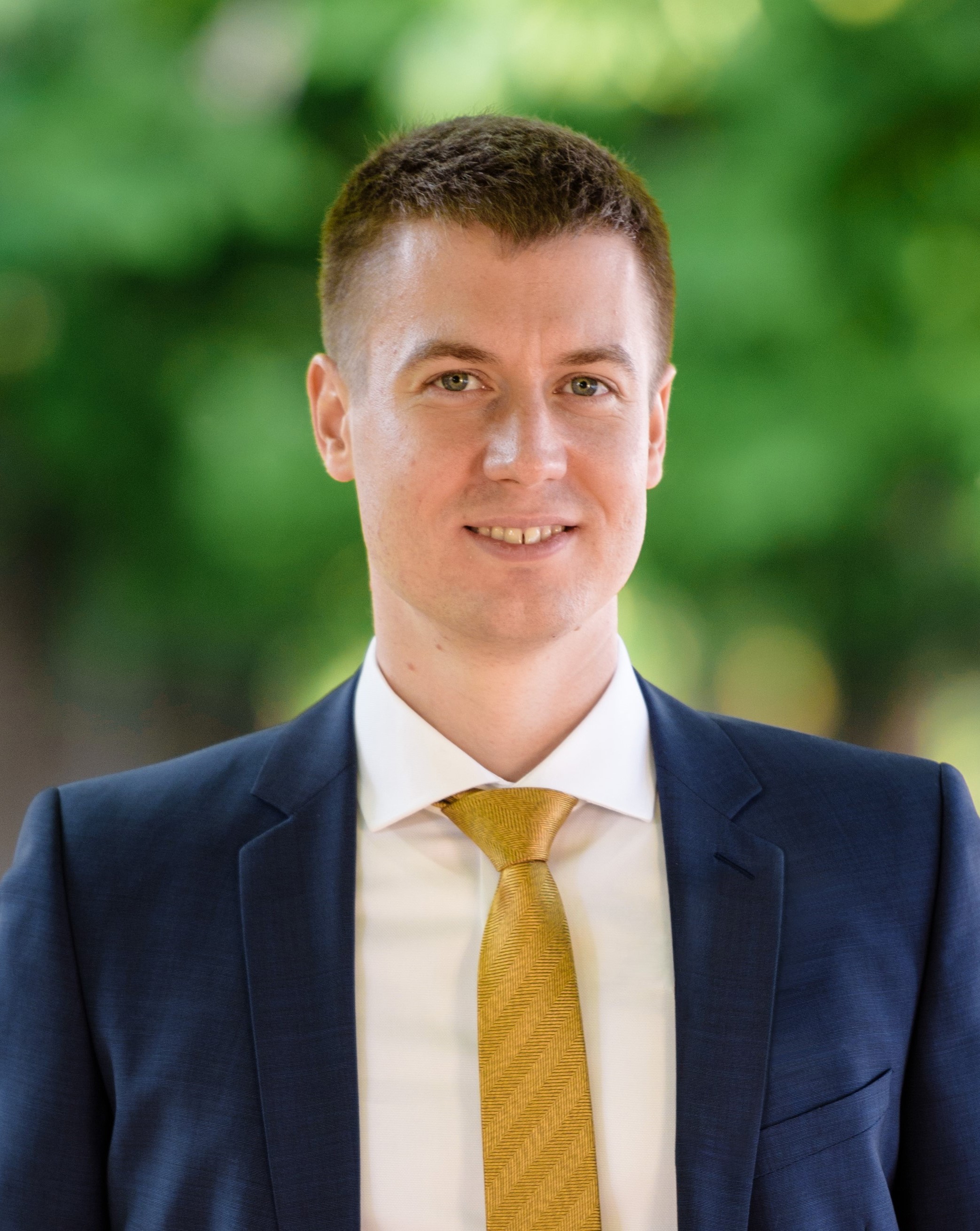 Policy Brief: Turkmen Natural Gas in the European Energy Security Discourse: Perceptions, Realities, Outlook
Policy Brief: Turkmen Natural Gas in the European Energy Security Discourse: Perceptions, Realities, Outlook
Tamás Kozma heads the Asian and African Relations Office of the Antall József Knowledge Centre, in Budapest, Hungary. Also he is a doctoral candidate in Geopolitics at the University of Pécs. Obtained his BA and MA degrees in International Relations at the Corvinus University of Budapest. His primary research interest is energy geopolitics in Turkey, South Caucasus, Central Asia, and in the broader Middle East. His doctoral dissertation is focusing on Turkey’s energy policy aspirations, its participation in international energy projects, and its energy-based cooperation with different countries. Tamás Kozma’s articles are published by the Asian Journal of Middle Eastern and Islamic Studies, by Turkish Policy Quarterly, and also by a number of Hungarian journals and textbooks.
Dr. Sebastian Mayer, 2019
 Policy Brief: Walking Alone, Walking Together? OSCE-EU Relations in Central Asia
Policy Brief: Walking Alone, Walking Together? OSCE-EU Relations in Central Asia
Dr. Sebastian Mayer is currently DAAD Associate Professor of International Relations at the Kazakh-German University in Almaty, Kazakhstan, and Associated Researcher, Institute for International and Intercultural Studies, University of Bremen, Germany. He serves as the Founding Director of the GKU’s Centre for Research & Graduate Education. Dr. Mayer obtained his PhD at the European University Viadrina in Frankfurt/Oder, Germany. He has been working as Assistant Professor at the Free University of Berlin and the University of Bremen, including with the collaborative research centre “Transformations of the State”.
Dr. Mayer’s research activities include problems of collective action, IO policy cohesion and transatlantic relations in the security realm. He is particularly interested in institutional change in, and regime complexity among, international security organizations such as NATO, the EU’s CFSP and the OSCE. His regional expertise covers Central Asia and the Southern Caucasus.
Niva Yau, 2019
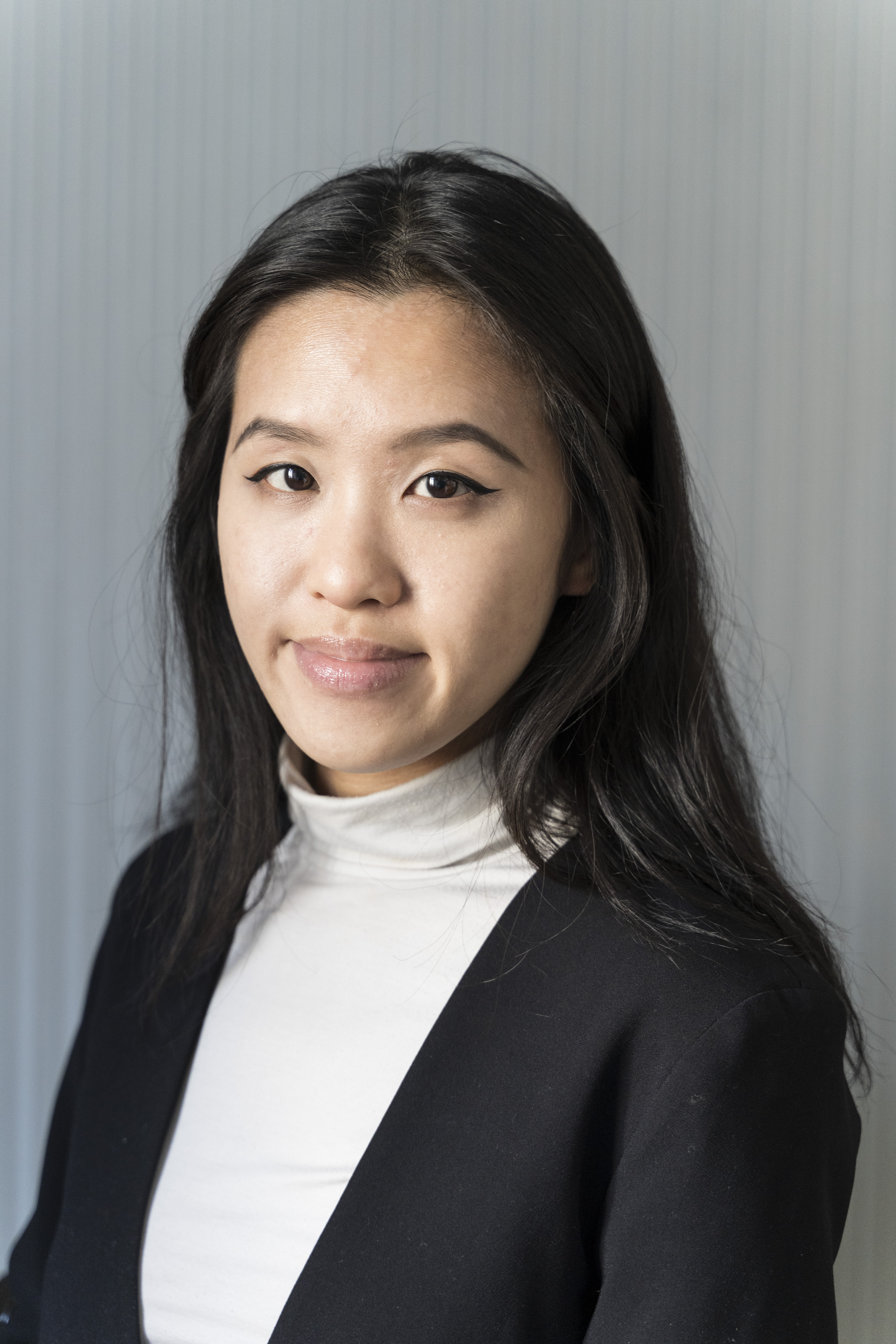
Policy Brief: China’s Pursuit of Power in Central Asia
Yau Tsz Yan is a Junior Researcher at the OSCE Academy in Bishkek and a graduate from the University of Hong Kong. Ms Yau’s research focuses on China’s Western Peripheral Diplomacy, including Central Asia and Afganistan. Her research interests center on China’s strategic thinking in the 21st century, including the Belt and Road Initiative (BRI), Chinese private military security companies (PMSCs) and authoritarian technology. Ms Yau frequently writes for Eurasianet and the Diplomat to update China in Central Asia affairs. Prior to the Central Asian focus, Ms Yau was a Research Assistant at the Belt and Road Strategic Research Center in Kuala Lumpur, Malaysia where she worked with Belt and Road actors and issues in the South East Asian region.
Rigina Syssoeva, 2019
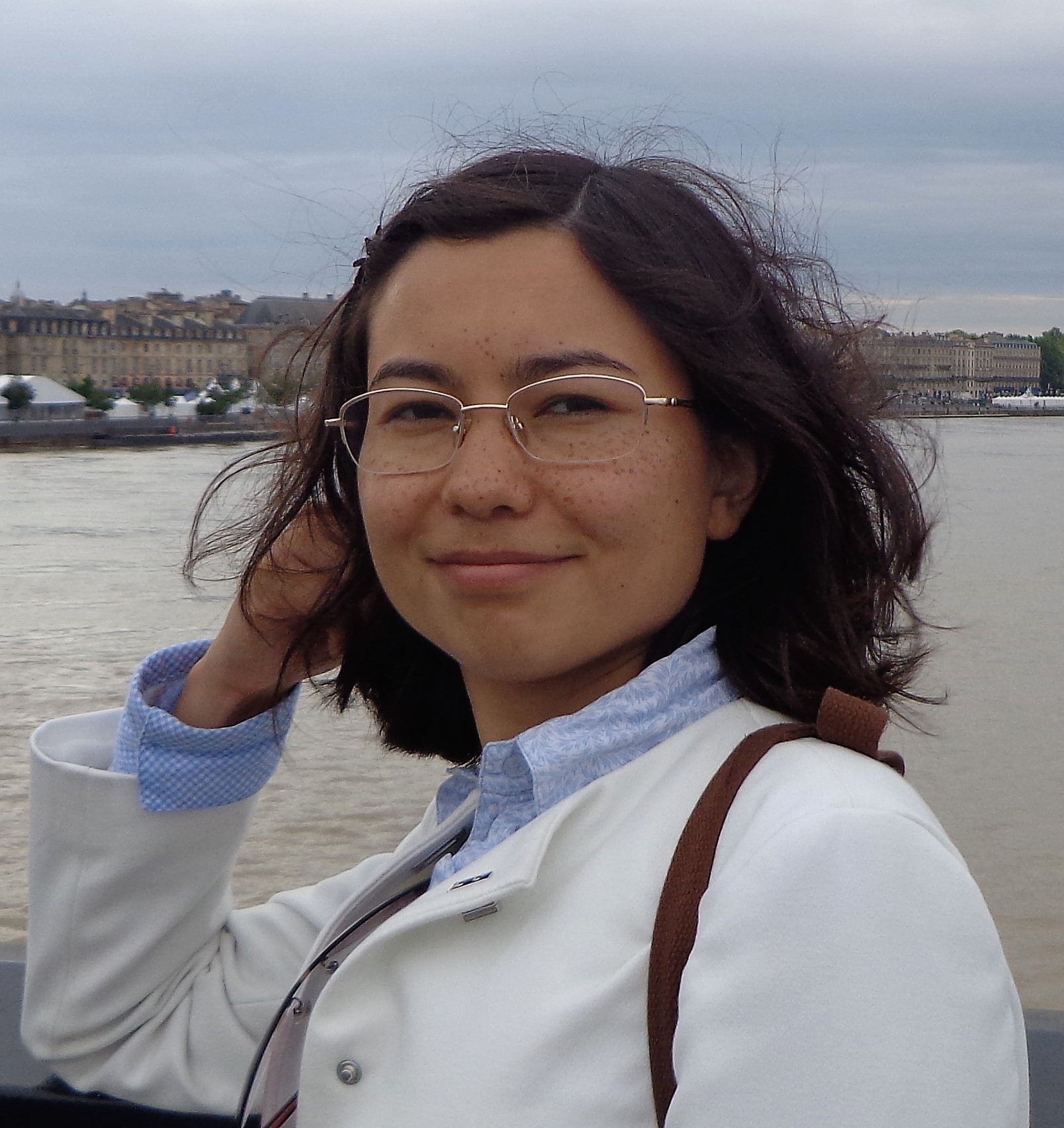
Dr. Rigina Syssoyeva, from Nur-Sultan (Kazakhstan), received her PhD degree in “International Studies” at the University of the Basque Country (Spain) in 2015, after obtaining her BA and MA degrees in “International Relations” at the L. N. Gumilyov Eurasian National University (Kazakhstan) and studying as an exchange student at the University of Lapland (Finland) and Hankuk University of Foreign Studies (South Korea). She currently works at "Astana International University" and the Embassy of Cuba (part-time). Her research interests include theories of regional integration, development of the Eurasian Economic Union, international cooperation in the post-Soviet area, internal politics of members of the Commonwealth of Independent States, cooperation in the Arctic region and conflict in Afghanistan. Rigina speaks Russian, English and Spanish languages.
Dr. Ana B. Perianes, 2019
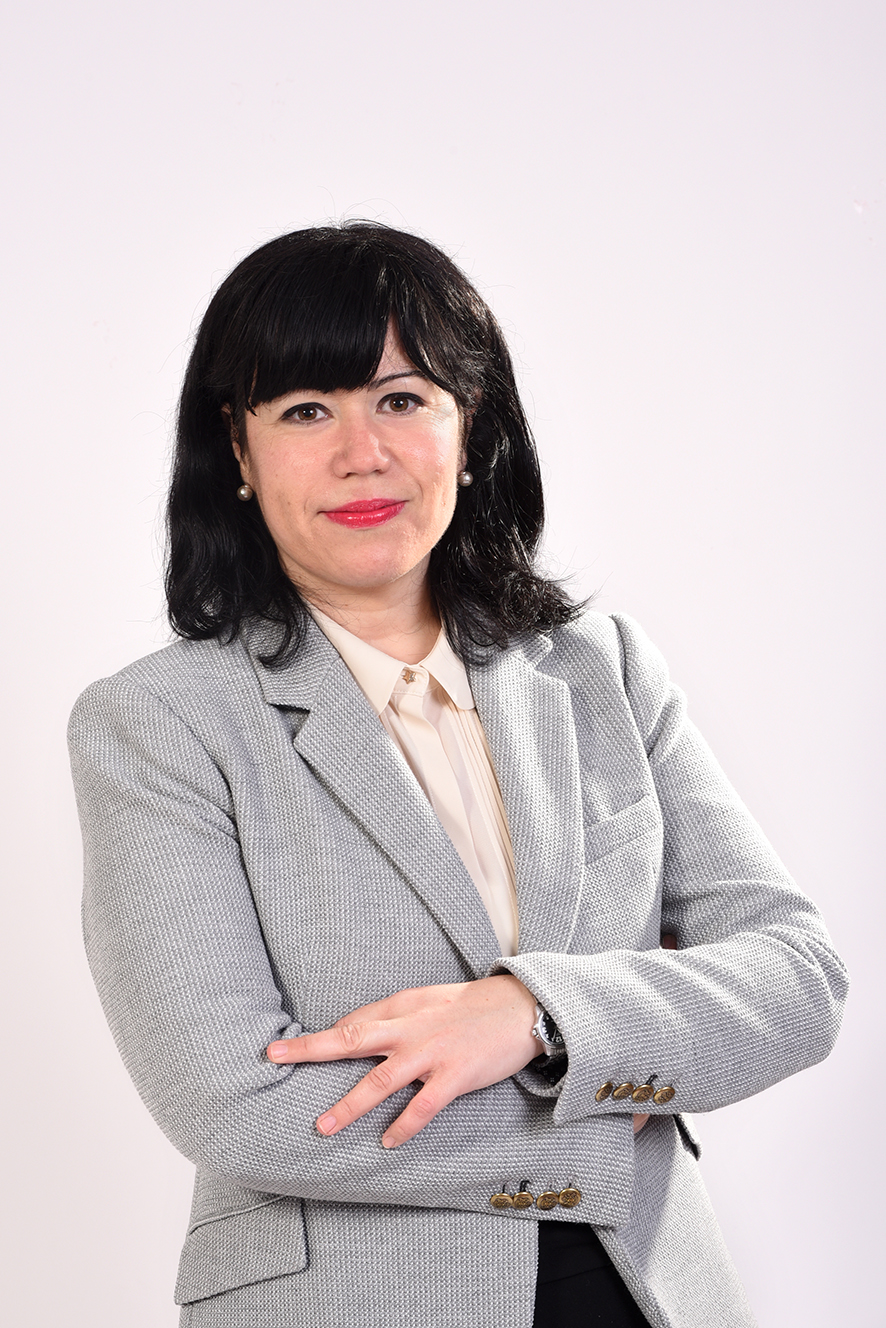
Research Title: Women, Peace and Security in Western and Central Asia: Overview of the Current Situation and Implications for Women and Societies
Dr. Ana B. Perianes Bermúdez from Spain received her PhD in Peace and International Security at the General Gutiérrez Mellado University Institute on Peace, Security and Defence. She also holds a University Specialized Degree in Mediterranean, Near and Middle Eastern Security from the same University.
Dr. Perianes has an extensive experience in Women, Peace and Security and Sustainable Development Goals affairs. She currently coordinates Women in International Security-Spain and she has an extensive list of publications in specialized reviews. Her main current research interests are in the area of Women, Peace and Security; The Sustainable Development Goals; Human Security; Mediterranean and Middle Eastern Security; Sahel; EU Affairs; European Security and Defence and US Foreign Affairs.
Srdjan Uljevic, 2019
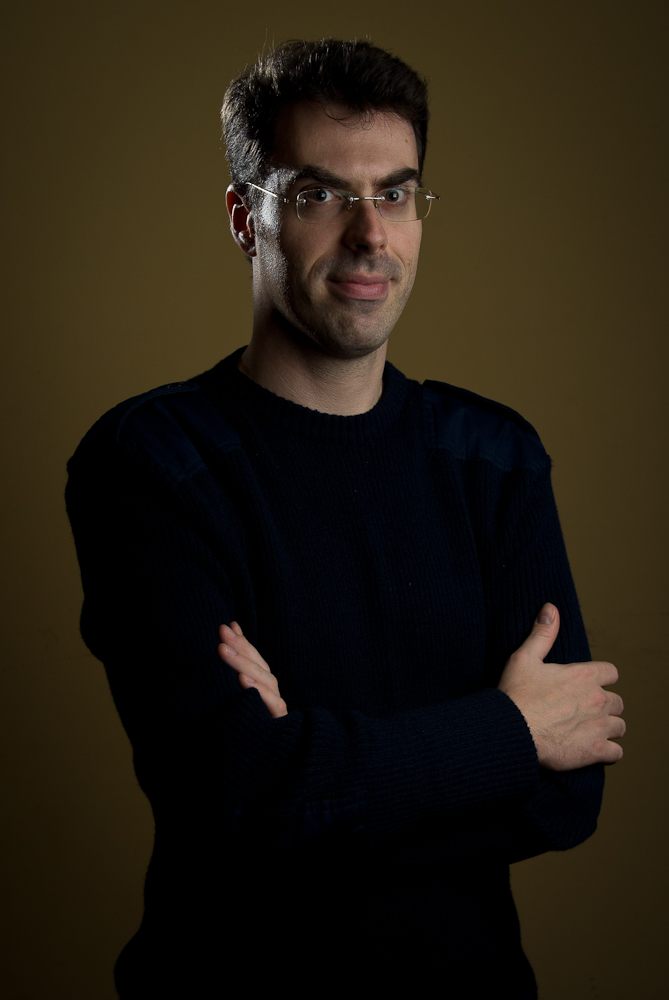 Policy Brief: Assessing India’s Efforts in Central Asia
Policy Brief: Assessing India’s Efforts in Central Asia
Srdjan Uljevic is Assistant Professor at American University of Central Asia where he teaches at Department of General Education and School of Entrepreneurship and Business Administration. His academic background is multidisciplinary and includes Bachelor of Laws from University of Split, M.Sc. in Environmental Sciences and Policy from Central European University, Master in Contemporary China Studies from Renmin University, and Master of Social Sciences from Department of Political Science of National University of Singapore.
For about a decade, as a member of Croatian environmental NGO SUNCE, Srdjan worked with state and non-state actors in order to address and solve various environmental problems. In 2006 he went to China to conduct research on how China perceives international climate change negotiations. Ever since then Srdjan has been closely following Chinese foreign policy and international relations of Asia. More recently, he has been interested in India's grand strategy and foreign policy. Srdjan is deeply concerned with rising nationalism across Europe and devastation that climate change will soon wreck on our societies.
Yazid Suleimani, 2019
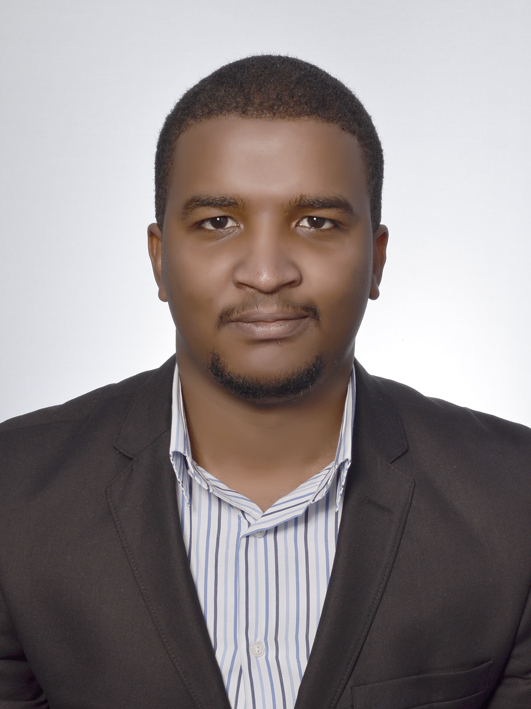
Research Title: Policy Framework for the Implementation of the Belt and Road Initiative in Central Asia
Yazid is an Associate Research Fellow at the OSCE Academy. He holds a Bachelor of Science in Software Engineering with Honors and is currently a postgraduate student in Economics at Istanbul Commerce University. He is an avid researcher, teacher and business executive. His research interests include Policy, Macroeconomics, Monetary Economics, Banking, Finance and International Economics. His business interests include Private Equity and Investment Banking. Yazid is working on ‘Policy Framework For The Implementation of The Belt and Road Initiative in Central Asia’ at the OSCE Academy. The research aims to study and delineate optimal policy framework for the successful implementation of the Belts and Roads Initiative across Central Asia. The in depth project will include studies into Entrepreneurship, Firm and Industrial Organization, Banking and Finance, and Macroeconomic aspects of the Belts and Roads Initiative in order to produce an optimal policy framework that will ensure the initiative’s success in Central Asia and beyond.
Miguel Iglesias Lopez, 2018
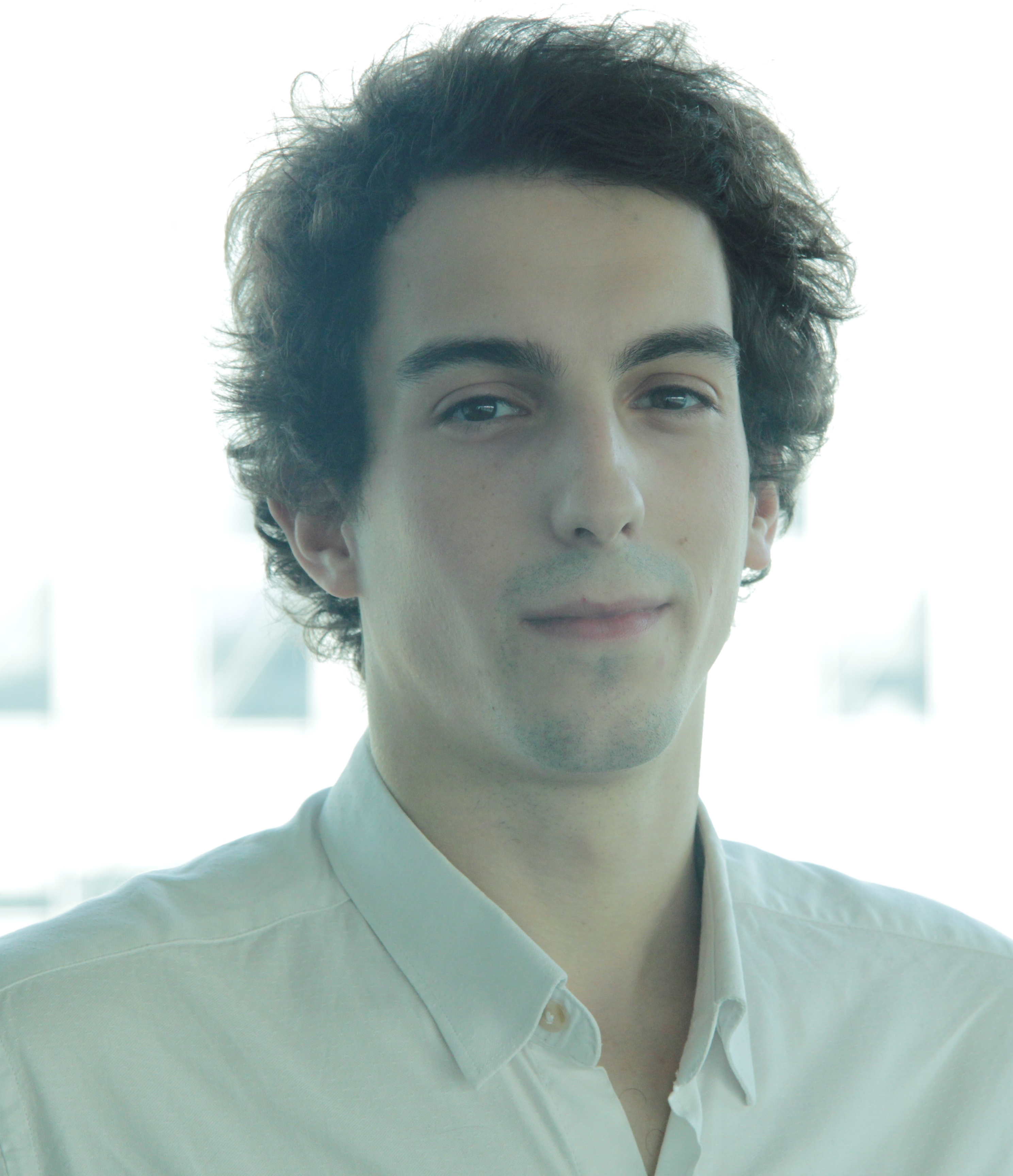 Research Title: Geographies of European Security Cooperation in Central Asia
Research Title: Geographies of European Security Cooperation in Central Asia
Miguel Iglesias Lopez is an Associate Research Fellow at the OSCE Academy and a PhD student in International Relations and Political Science from the Graduate Institute in Geneva (IHEID), where he obtained an MA in International Relations and Political Science. He has a BA in Political Science from the University of Louvain-la-Neuve in Belgium. His doctoral research is centred on European security cooperation on the borders of Central Asia.
Olivier Korthals Altes, 2018
Olivier Korthals Altes is an Associate Research Fellow at the OSCE Academy, and an Erasmus Mundus exchange student to Al-Farabi Kazakh National University in Almaty. He’s enrolled in the MSc program Conflicts, Territories and Identities at his home institution Radboud University Nijmegen, and has a BA degree in History at the University Utrecht. At the OSCE Academy, Olivier conducts research for his master thesis on the policy-practice gap of European assistance of Security Sector Reform to Central Asia.

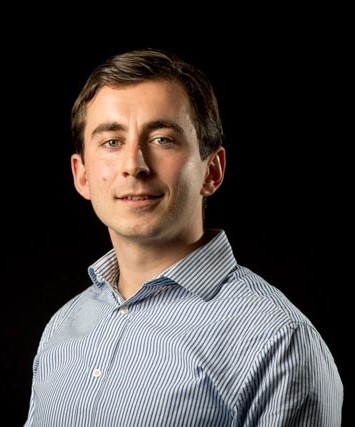 Research Paper:
Research Paper: 
 Русская версия
Русская версия